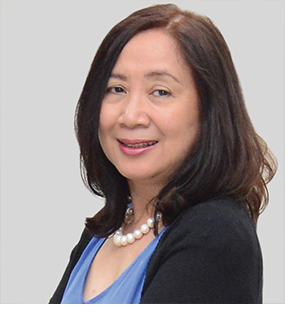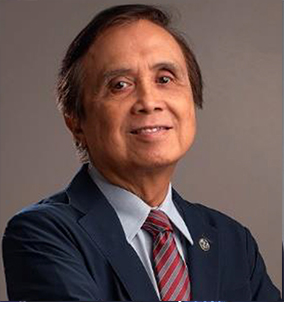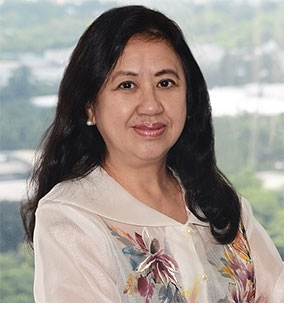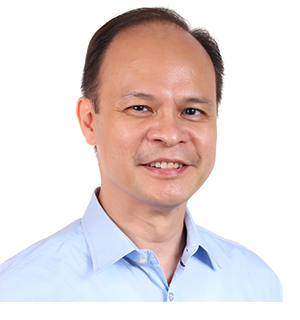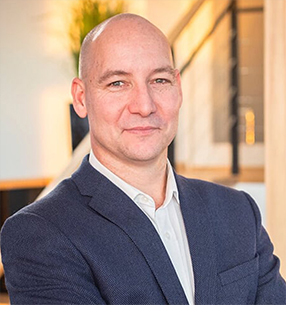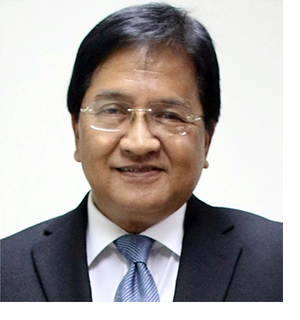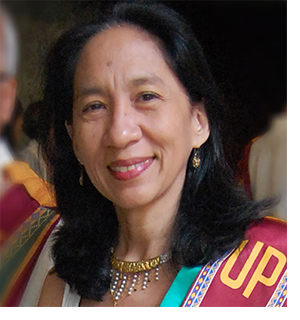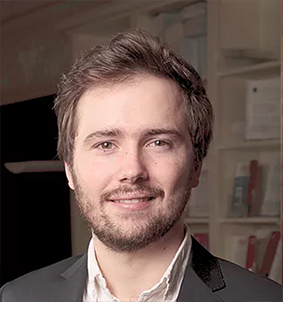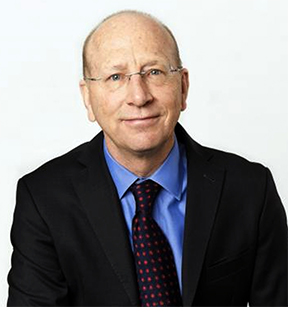
Richard Edward Baldwin is a professor of international economics at the Graduate Institute of International and Development Studies in Geneva, where he has been conducting research on globalization and trade for 30 years. He is also the former President of the Centre for Economic Policy Research in London, and the Founder and Editor-in-Chief of VoxEU, an organization that is devoted to promoting “research-based policy analysis and commentary by leading economists”. He is a research associate at the National Bureau of Economic Research and was twice elected as a Member of the Council of the European Economic Association.
Baldwin finished his bachelor’s degree in economics from the University of Wisconsin-Madison in 1980 and received a master’s degree from the London School of Economics in 1981. He completed his PhD at Massachusetts Institute of Technology in 1986 and received honorary doctorates from the Turku School of Economics in Finland, University of St. Gallen in Switzerland, and Pontifical Catholic University of Peru.
Baldwin has an extensive published work in the areas of globalization, international trade, regionalism, European integration, economic geography, political economy, among others. His book entitled, The Great Convergence: Information Technology and the New Globalization, published in November 2016, was listed as one of the year’s best books by the Financial Times and The Economist magazines.
Baldwin’s latest book entitled, The Globotics Upheaval: Globalization, Robotics, and the Future of Work, tackles the role of digital technology in driving both globalization and automation of service and professional jobs in advanced economies.

